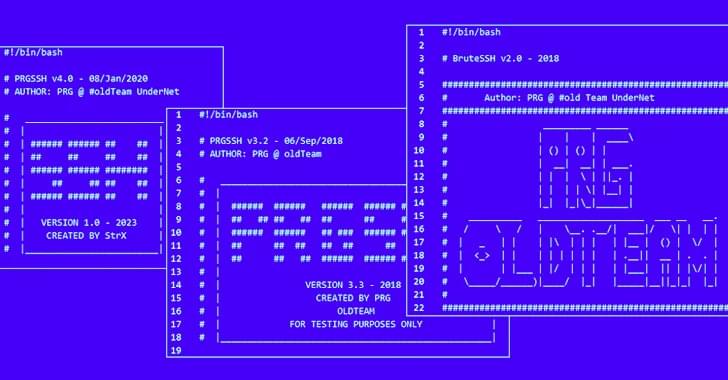Bitcoin’s rally is turning out to be bad news for Coinbase, the crypto trading app that has just confirmed some of its customers are seeing a zero balance across their Coinbase accounts. “Your assets are safe,” the firm assured the app’s users via a Status page on its website, adding that its team is investigating the issue and will provide an update shortly. [Update: The company has since said the issues are improving but the app is seeing “heightened traffic.”]
The app’s crash today has to do with the recent demand for Bitcoin, the popular cryptocurrency that recently surged to $60,000 — close to its all-time high last seen in 2021. The price of Bitcoin climbed in the wake of U.S. bitcoin spot ETFs, driving a 42% price rally this month. According to Reuters, this was the largest monthly gain the digital asset had seen since December 2020. As of the time of writing, Bitcoin was up above $61,448, or a 7.66% increase today.
The sharp rise has fueled renewed interest in apps like Coinbase, which allows users to buy, sell, and hold crypto products in a digital wallet. This rapid increase in demand, including from more casual crypto investors, have seemingly contributed to the app’s current issues, as Coinbase says the app is experiencing issues from high traffic.





